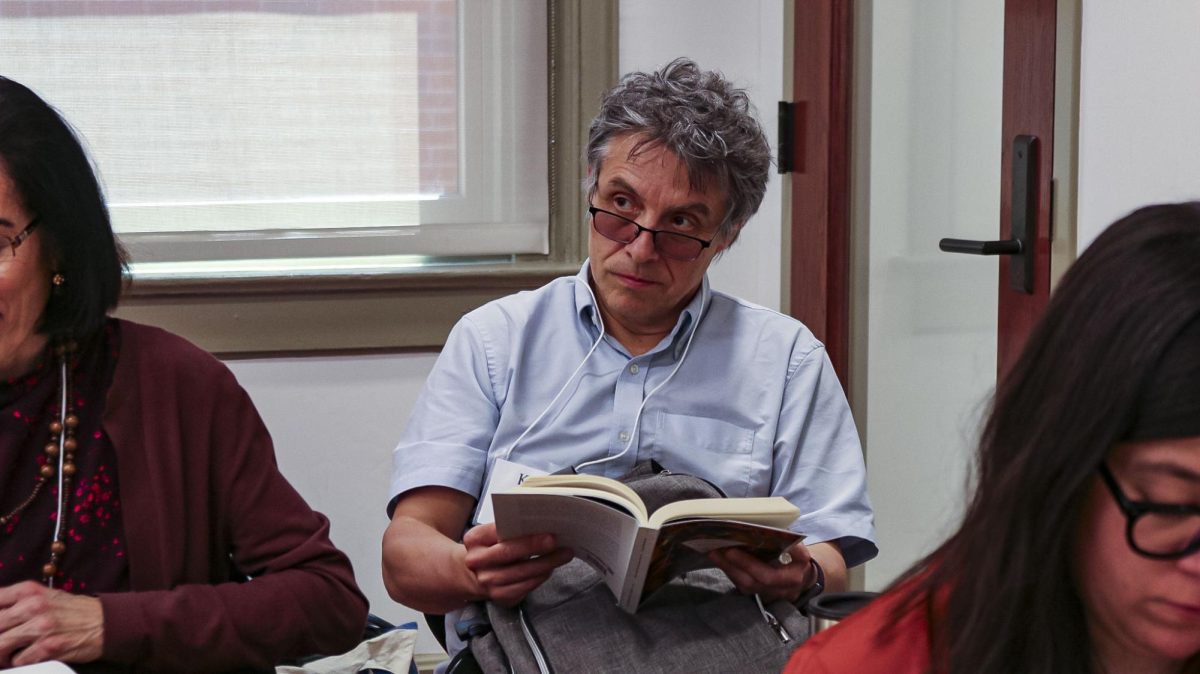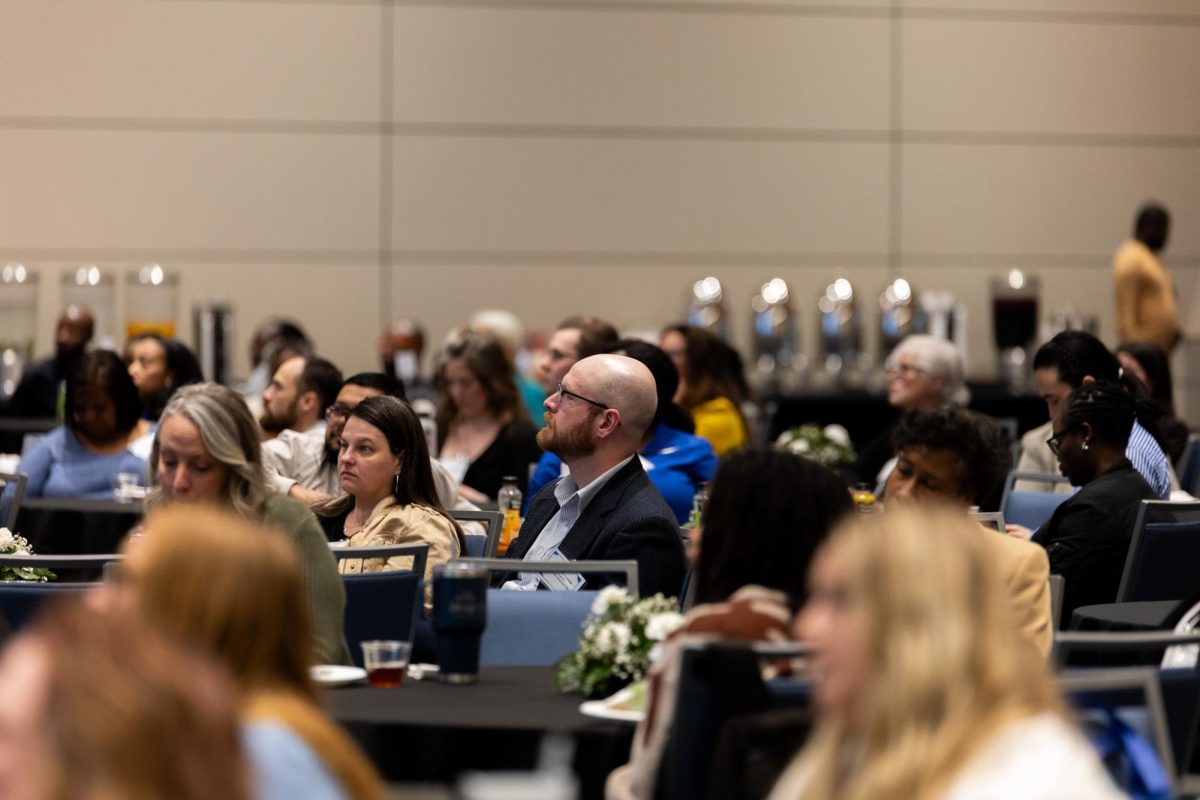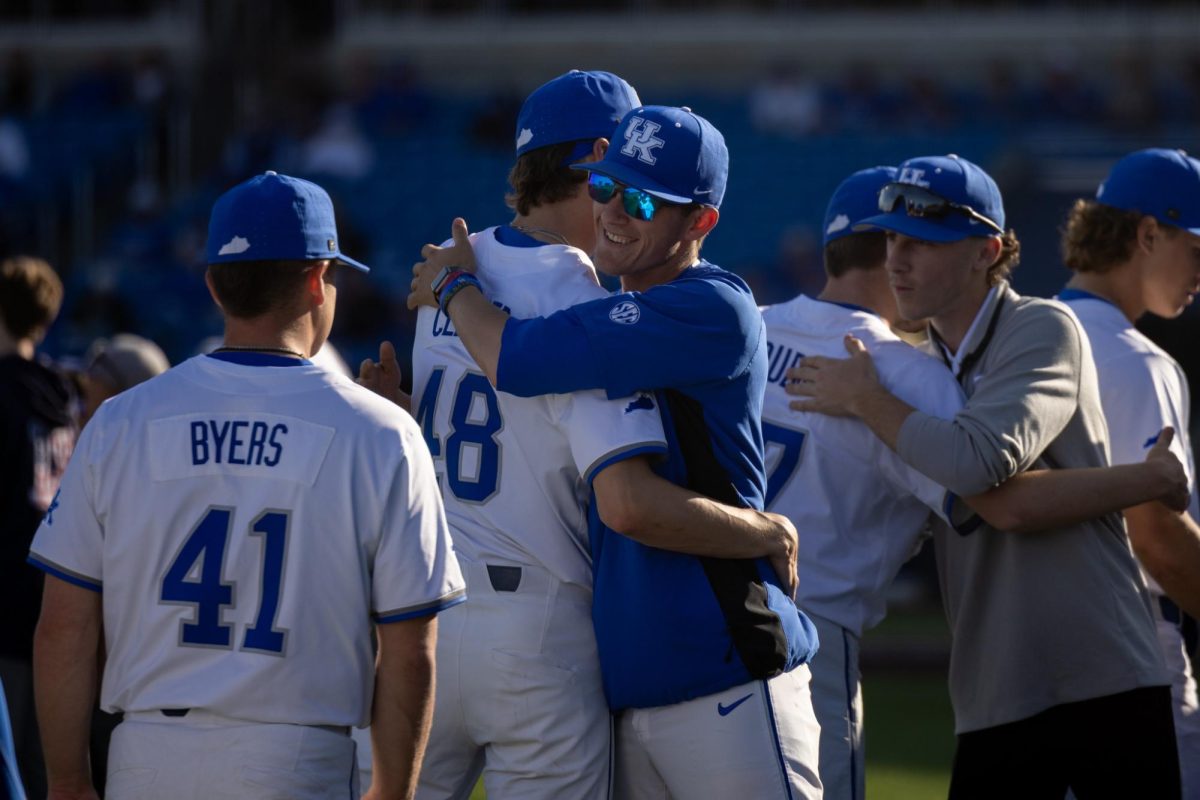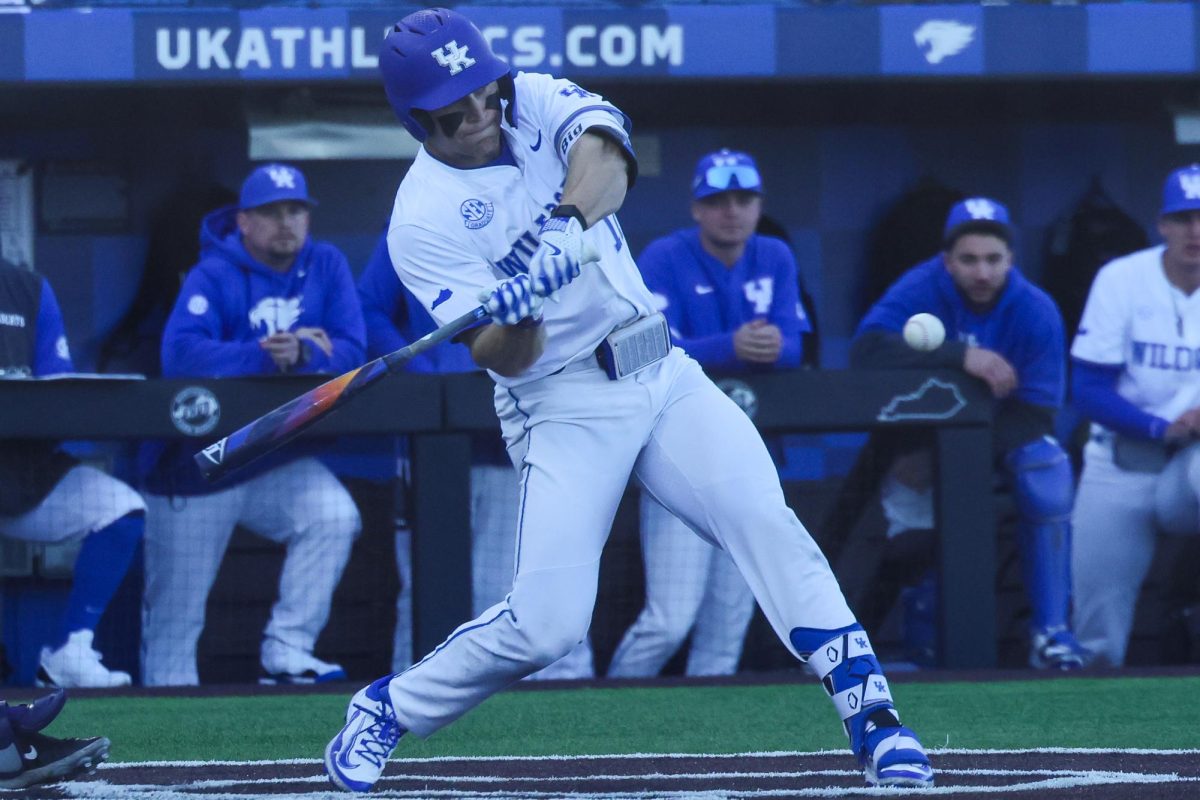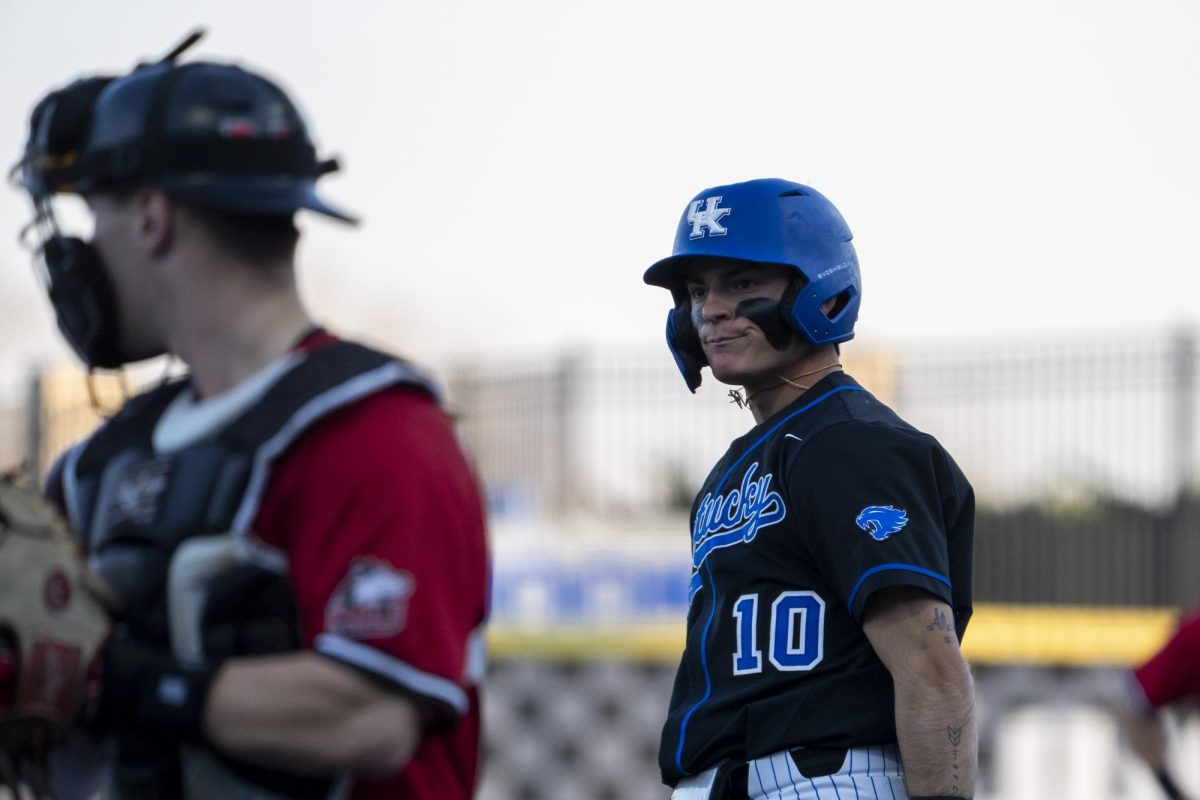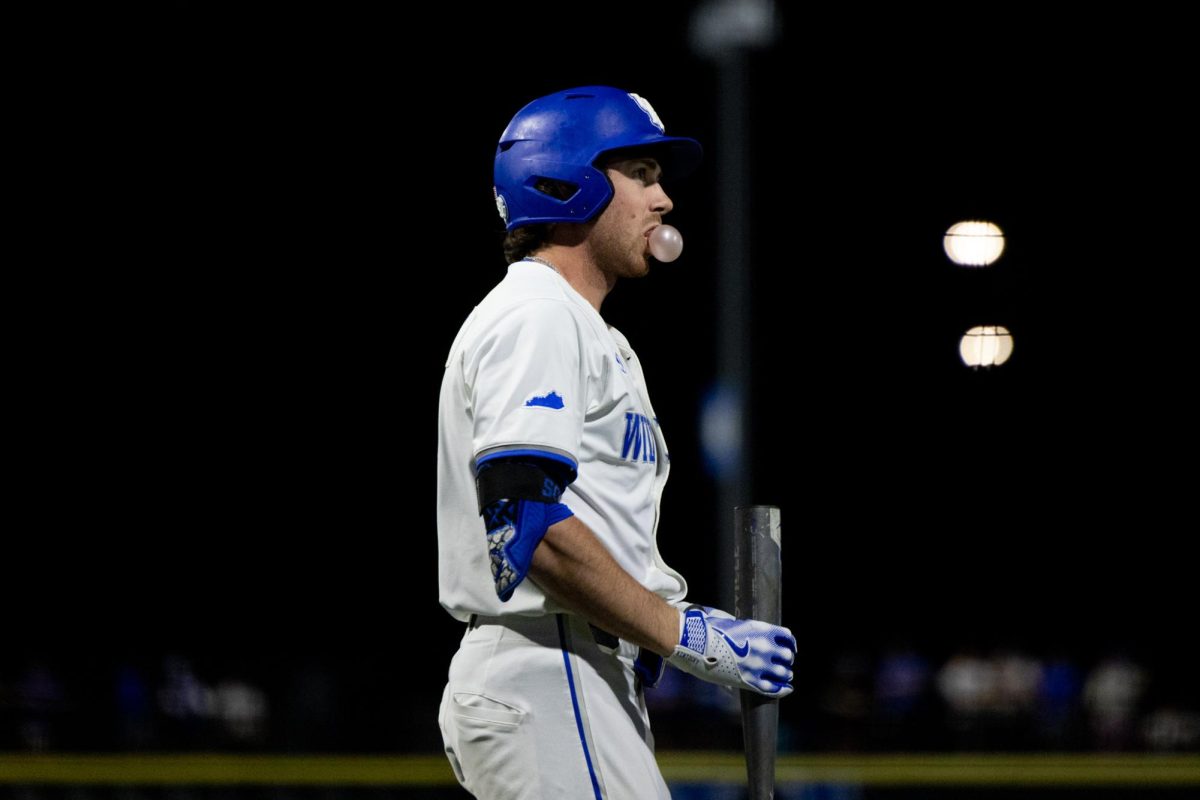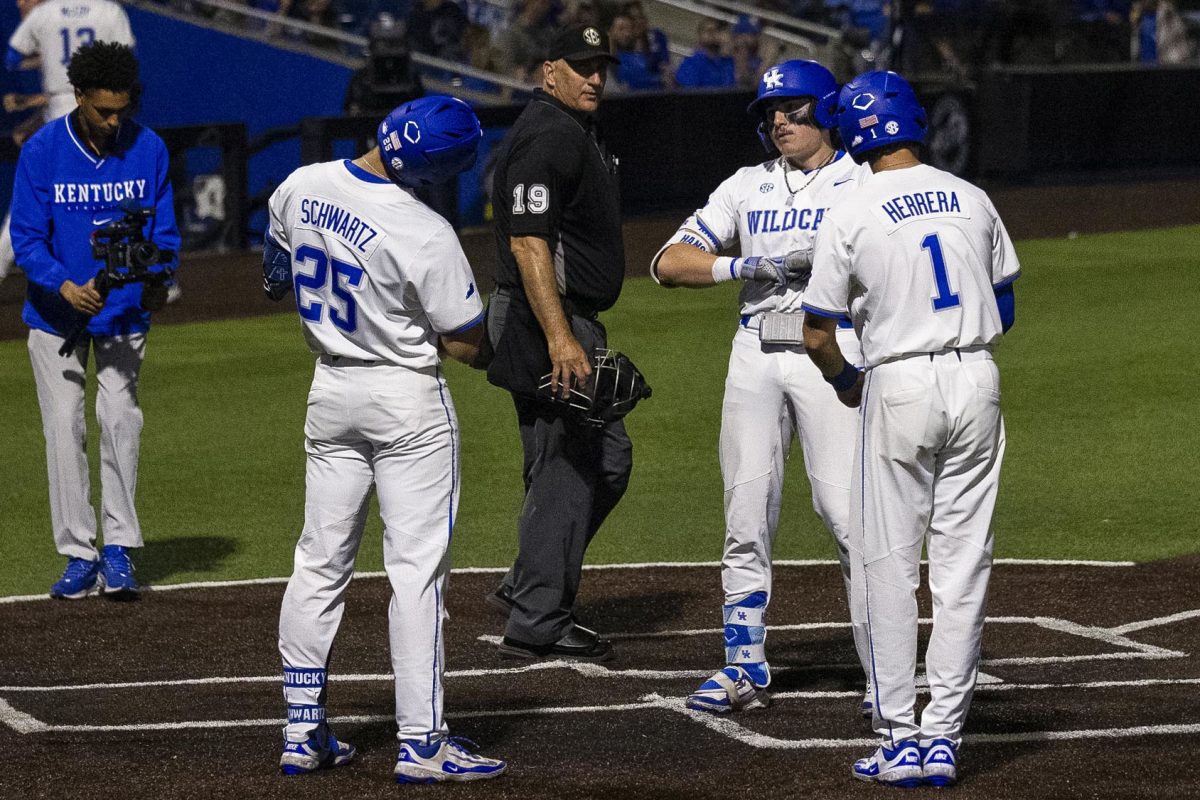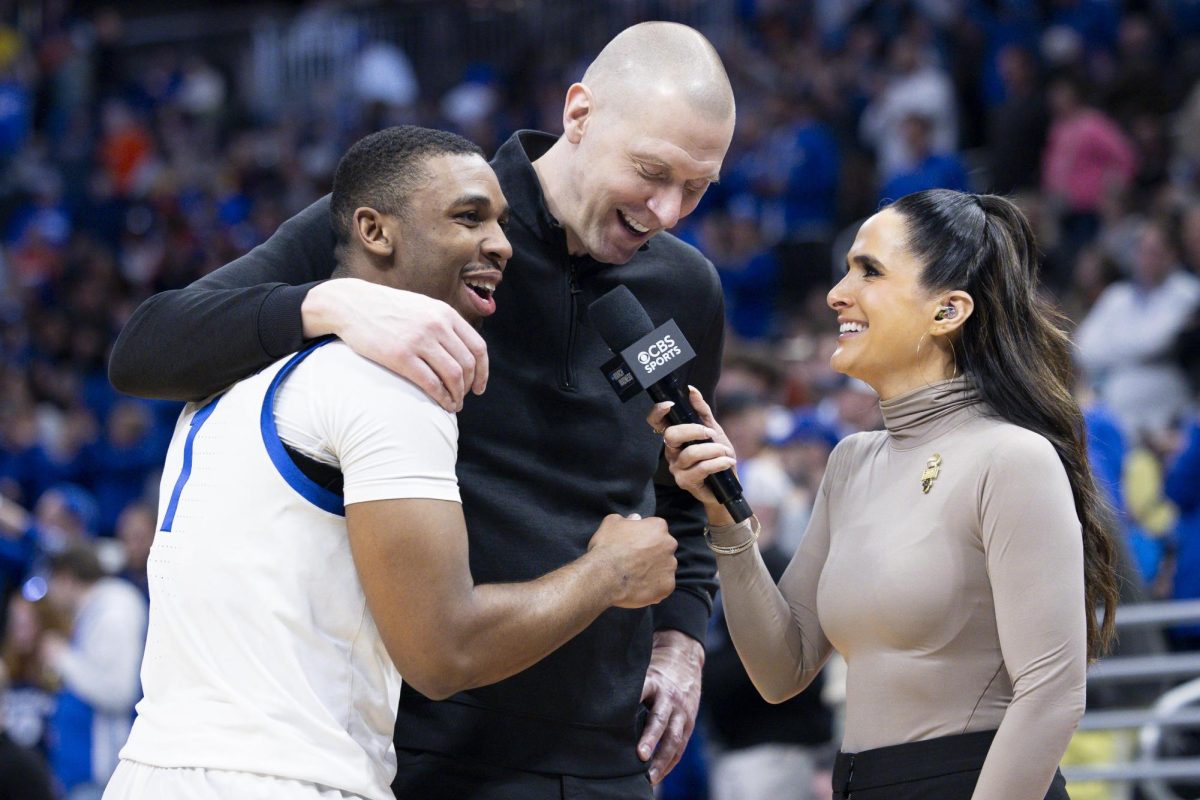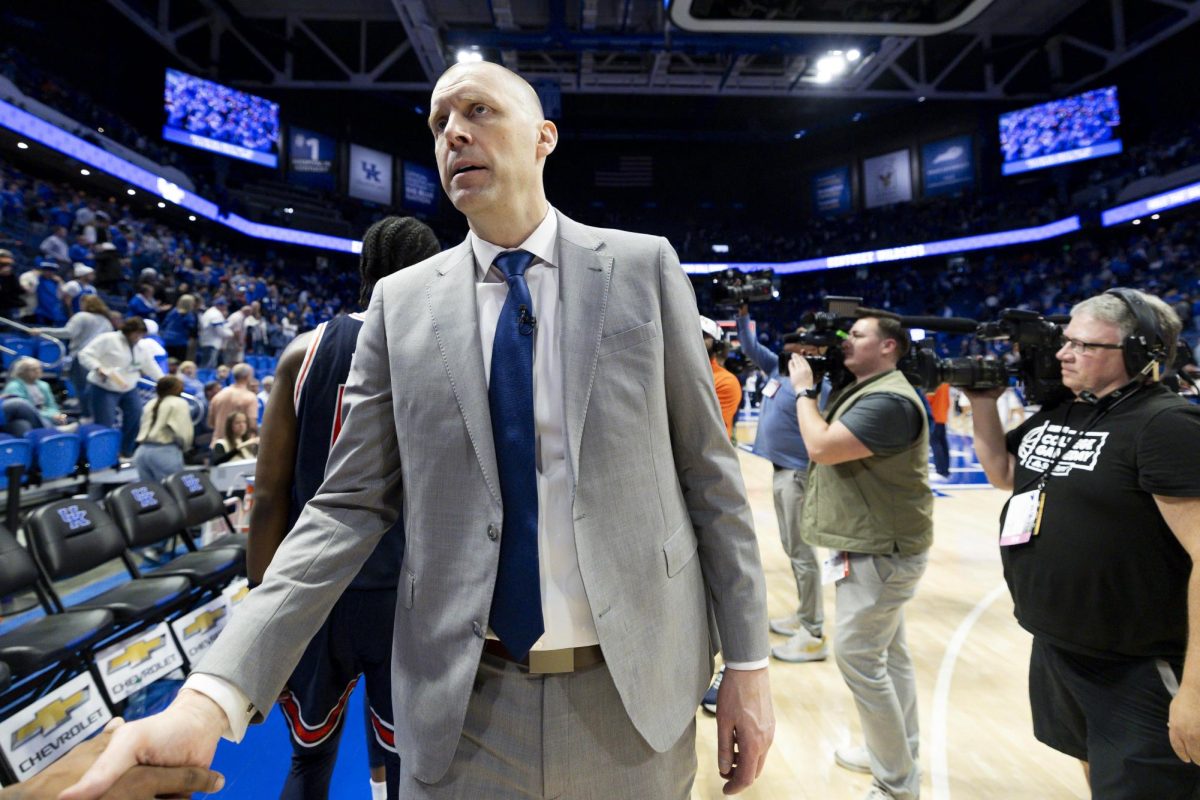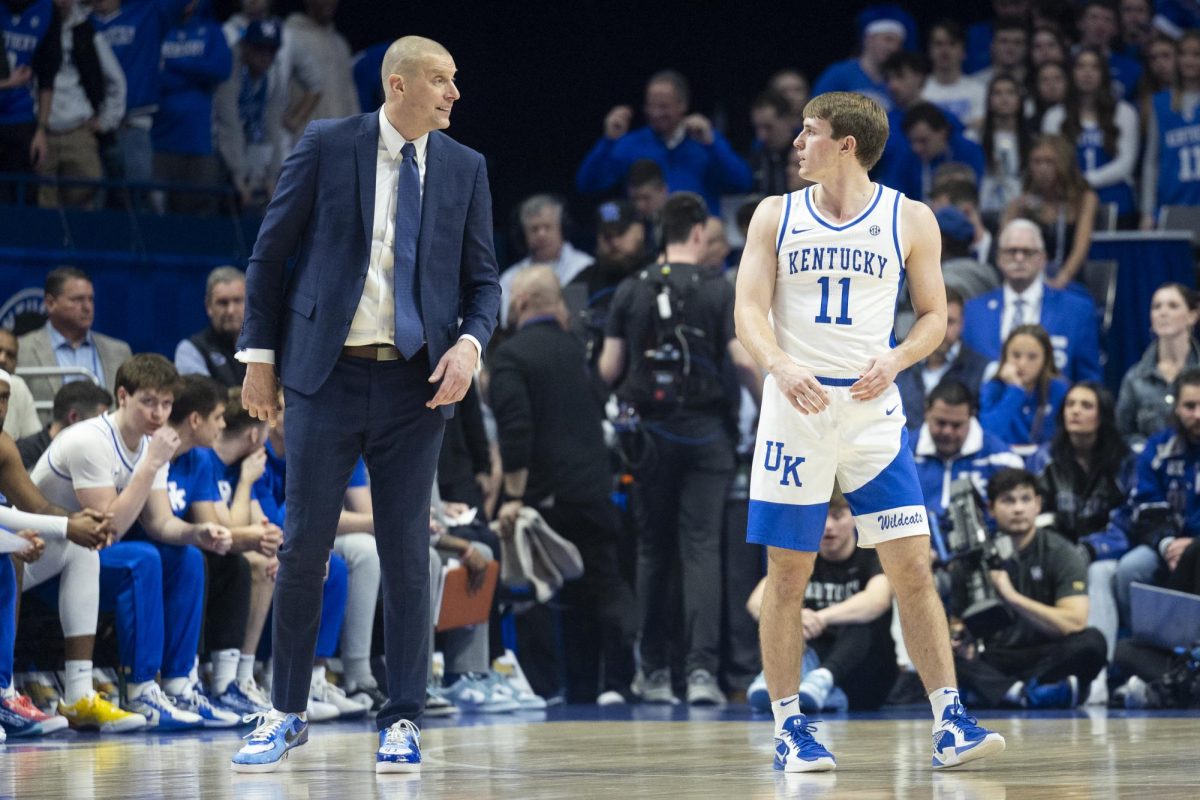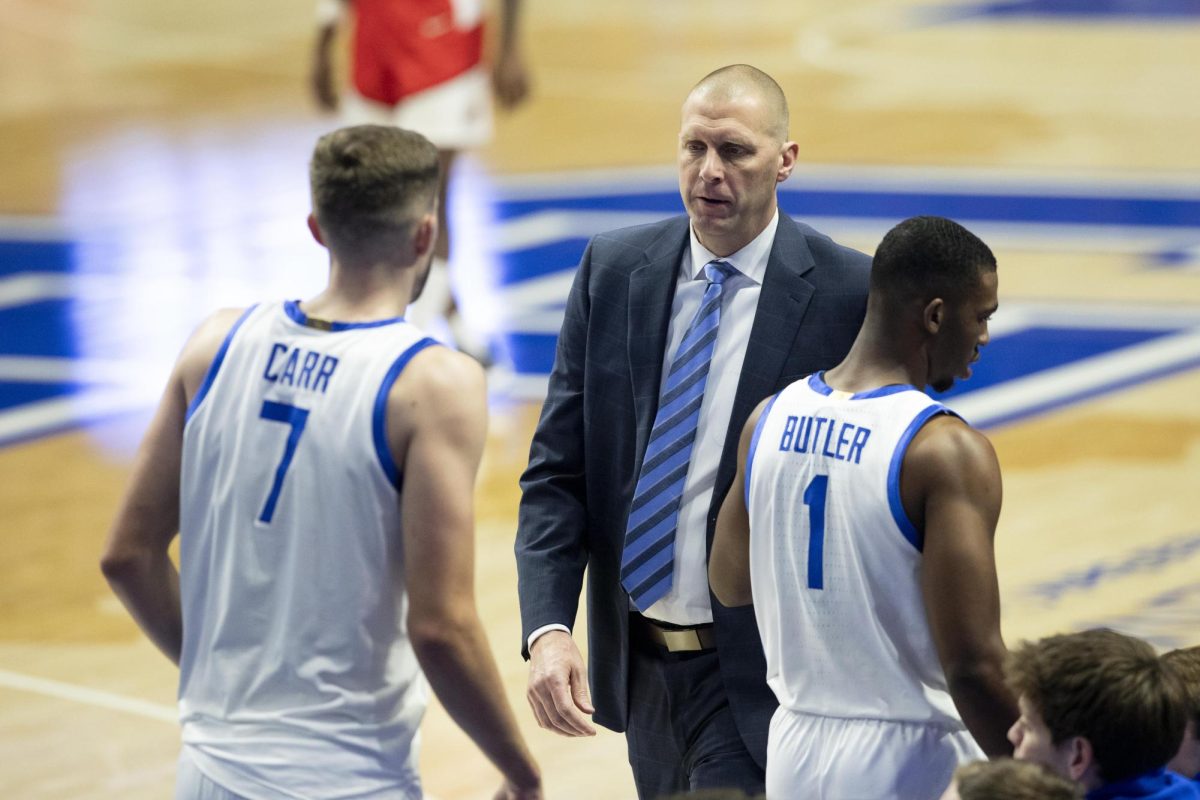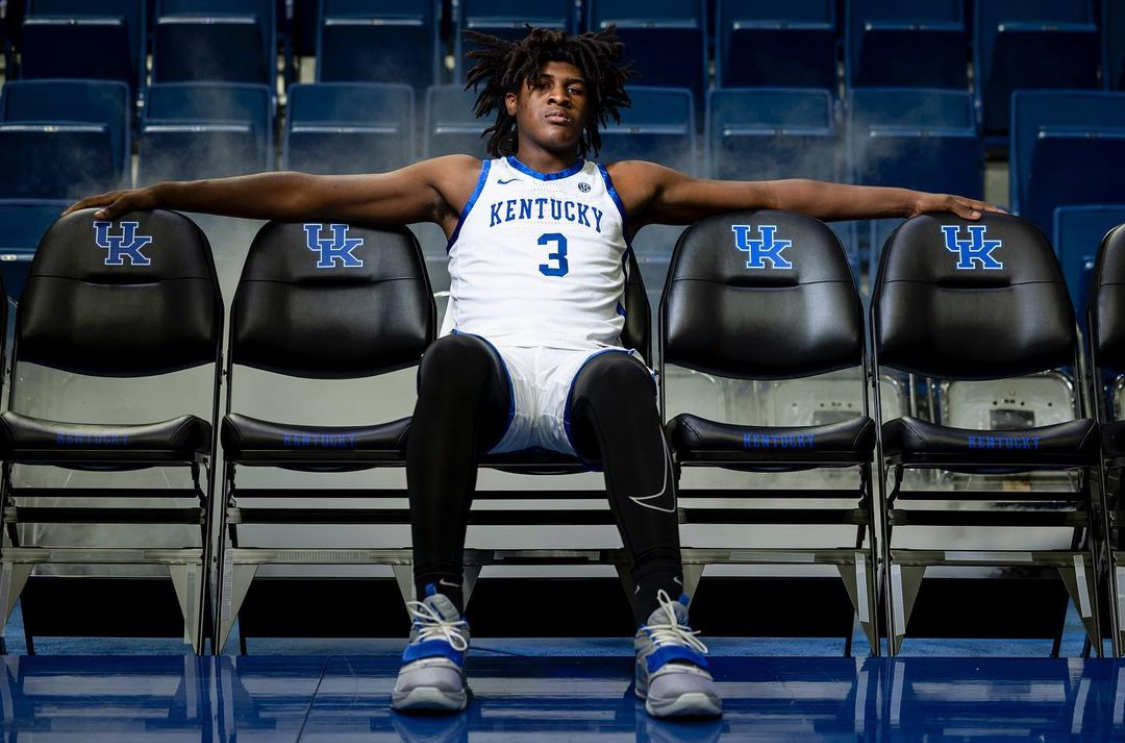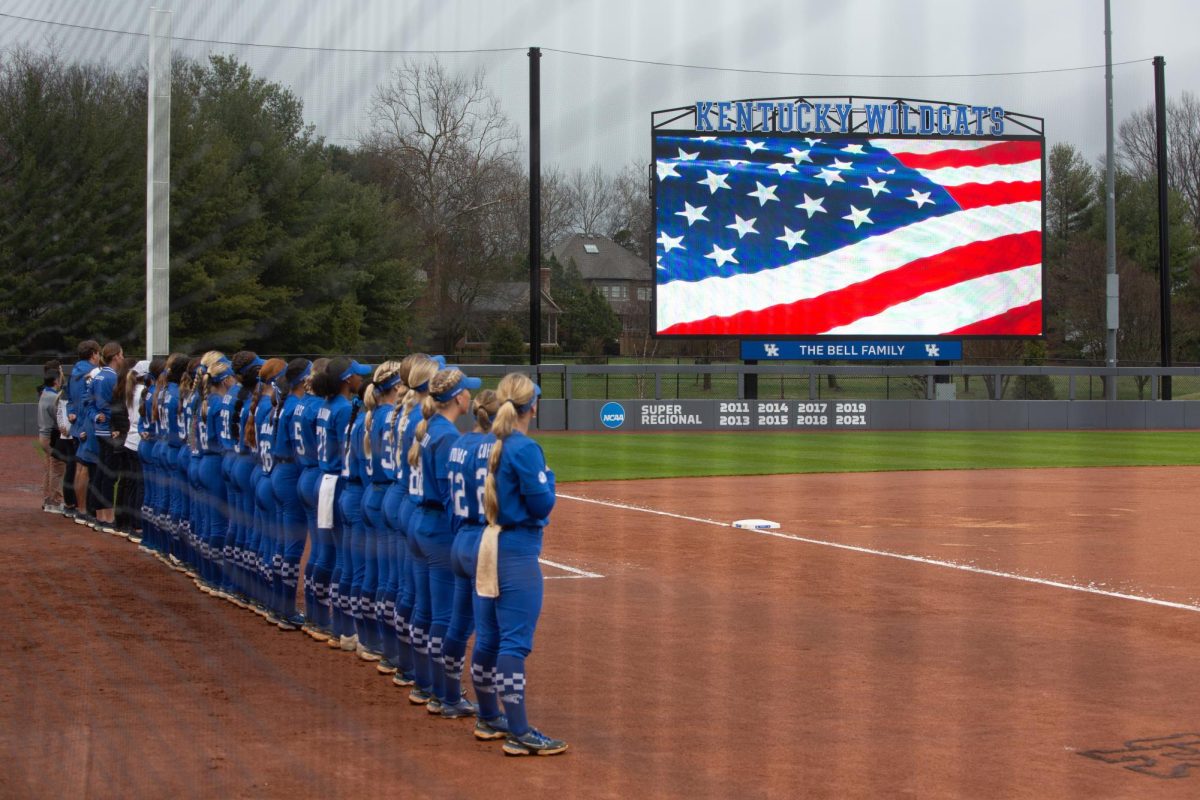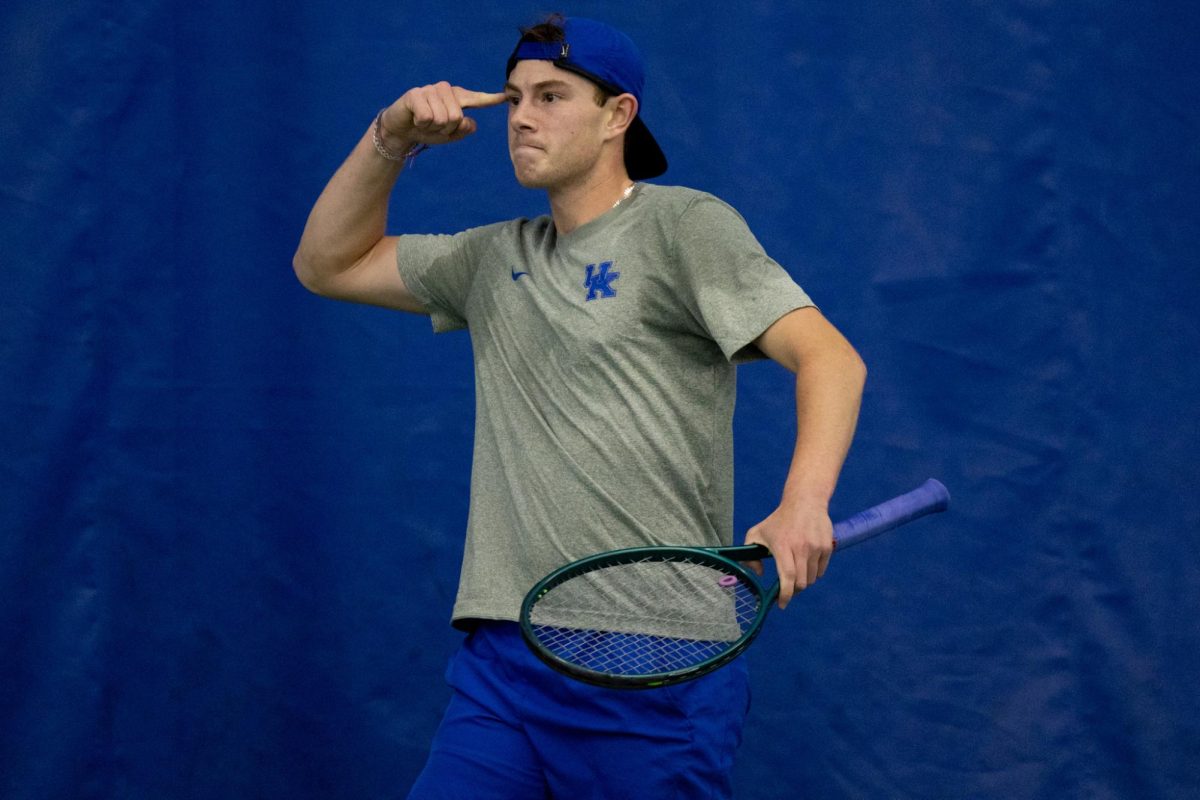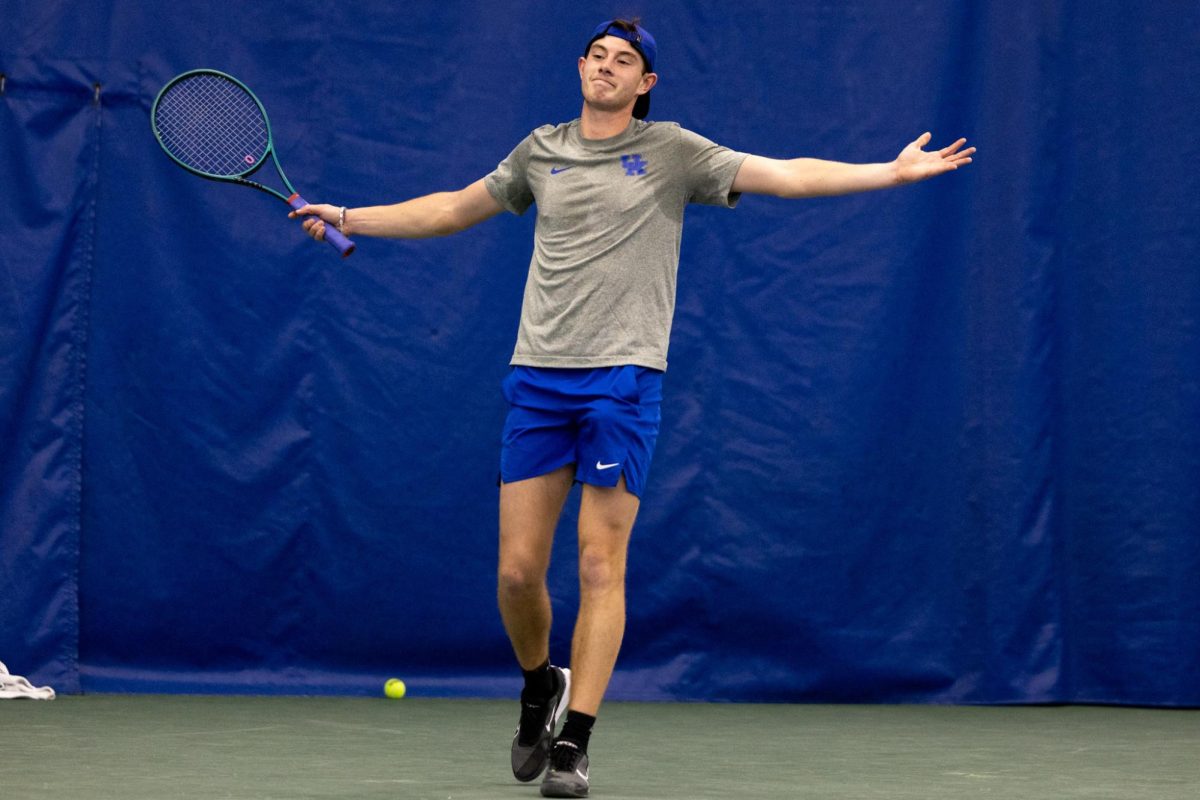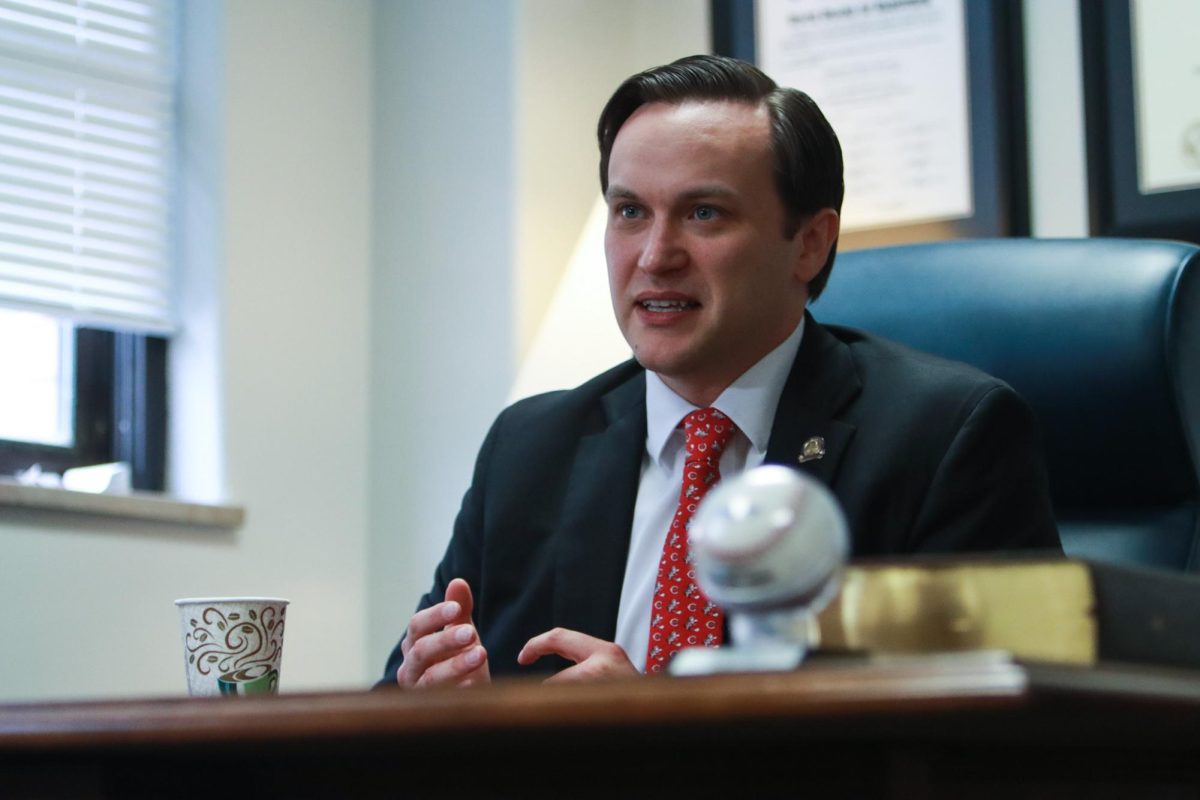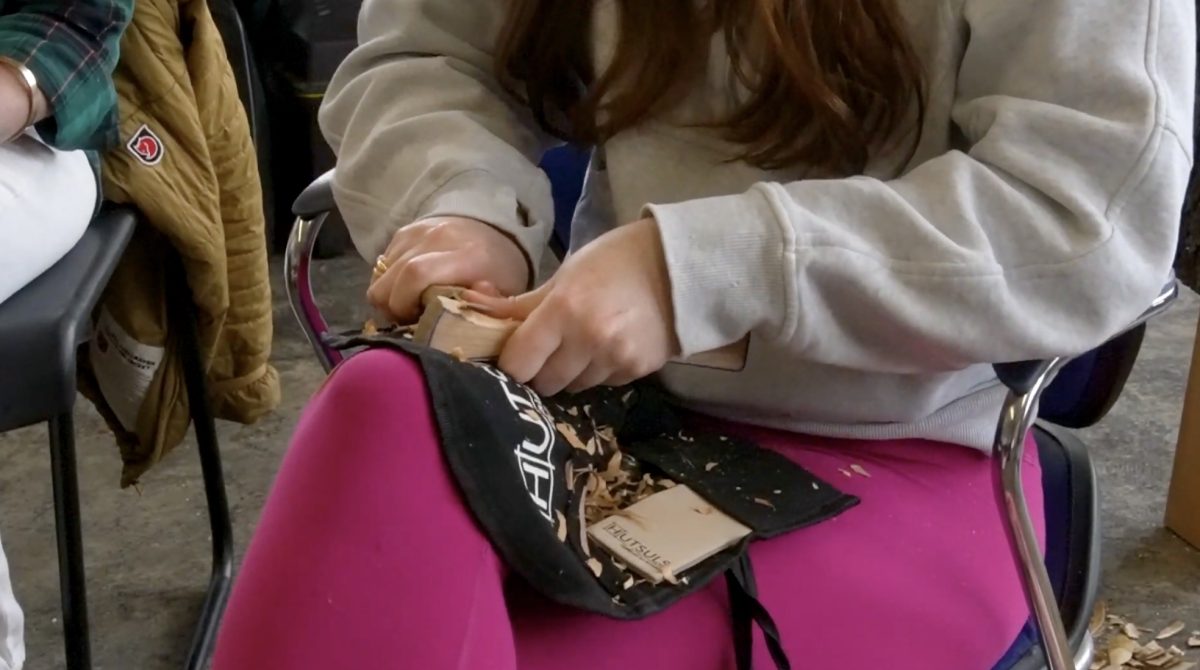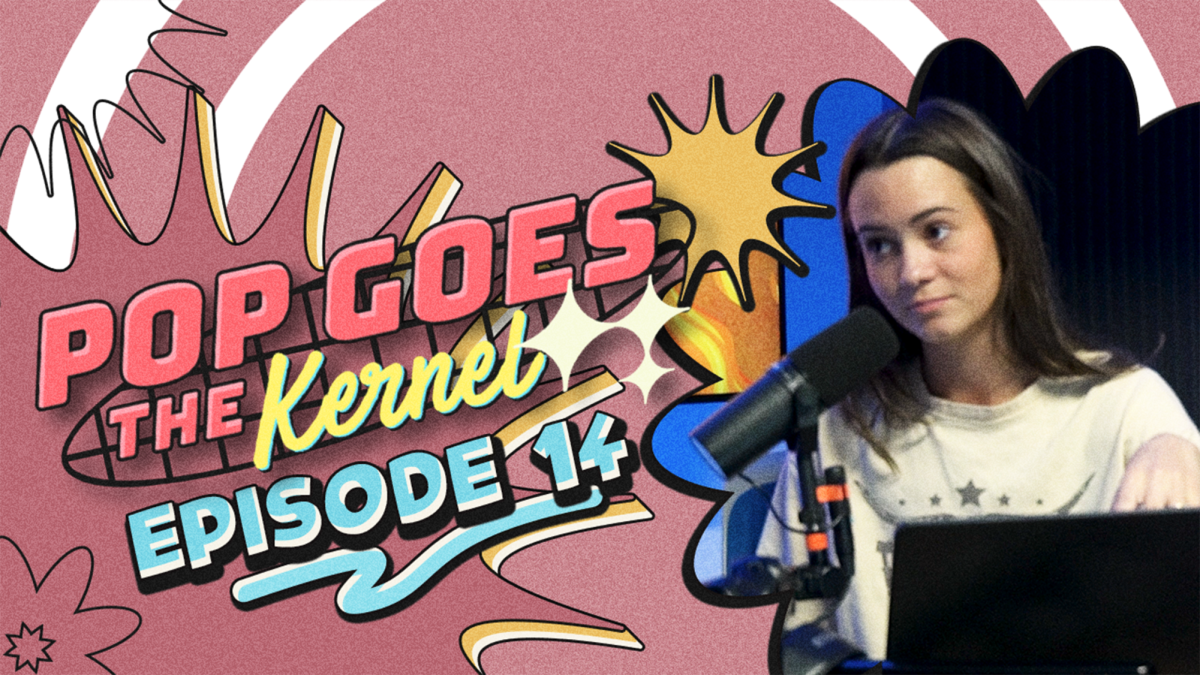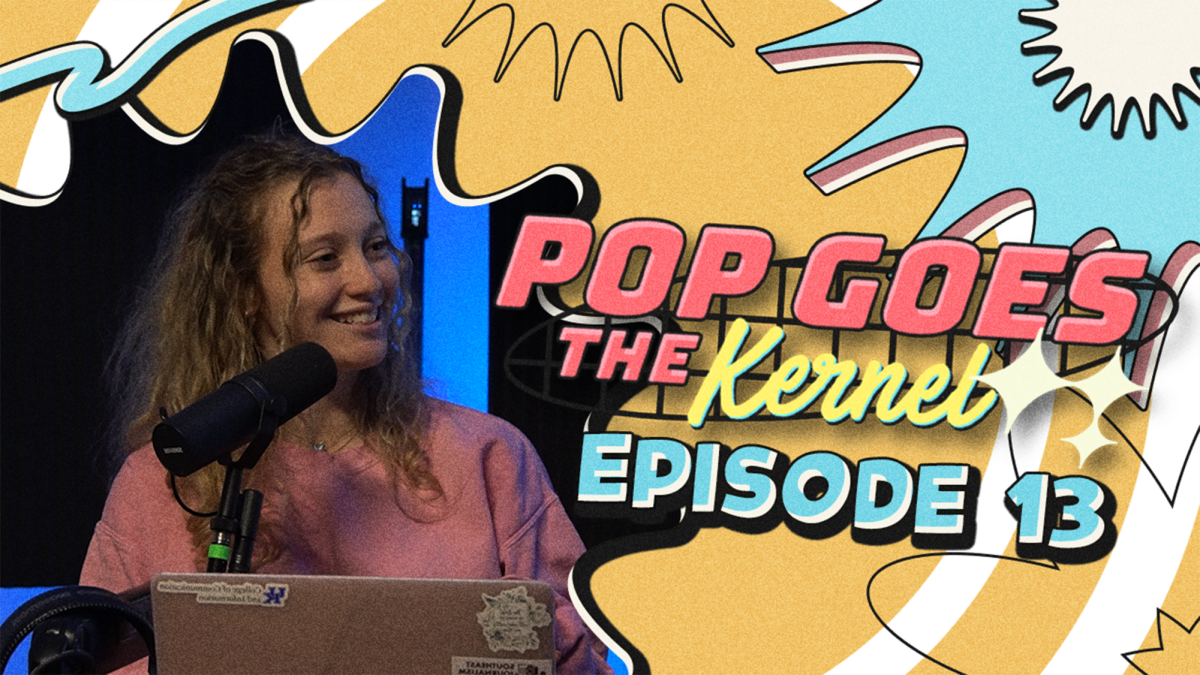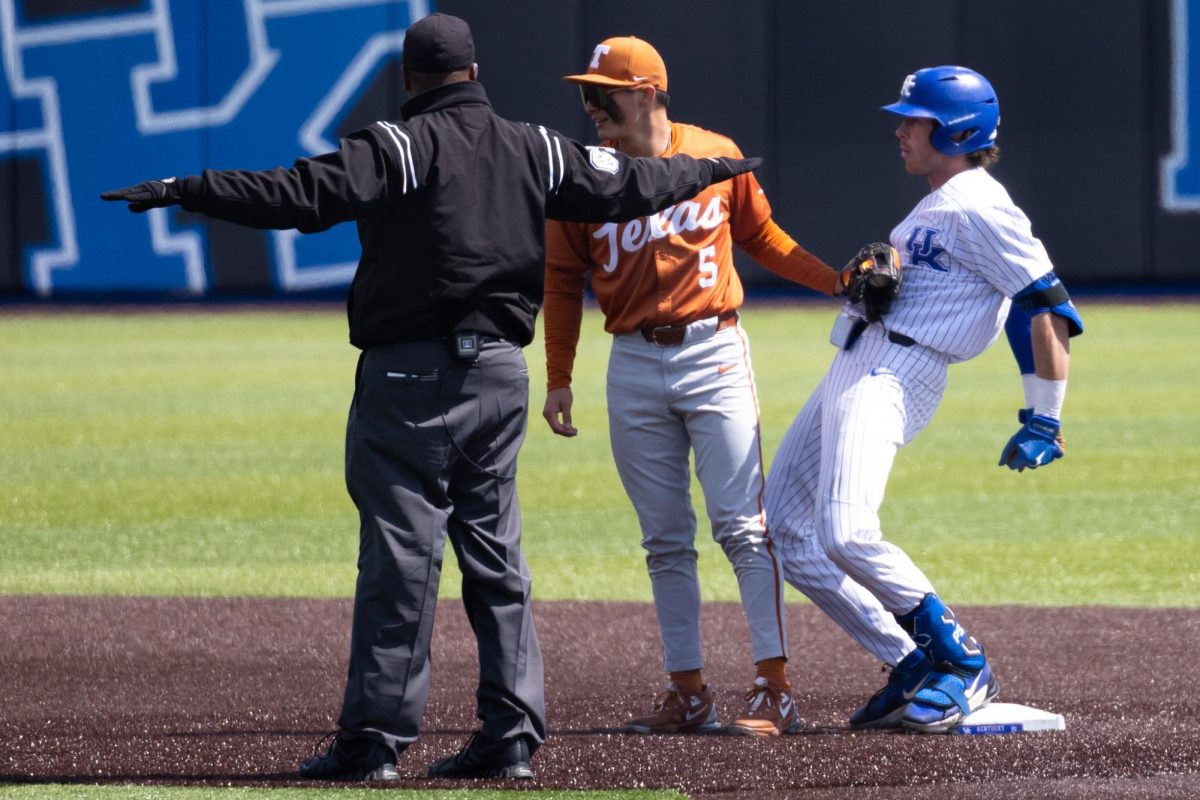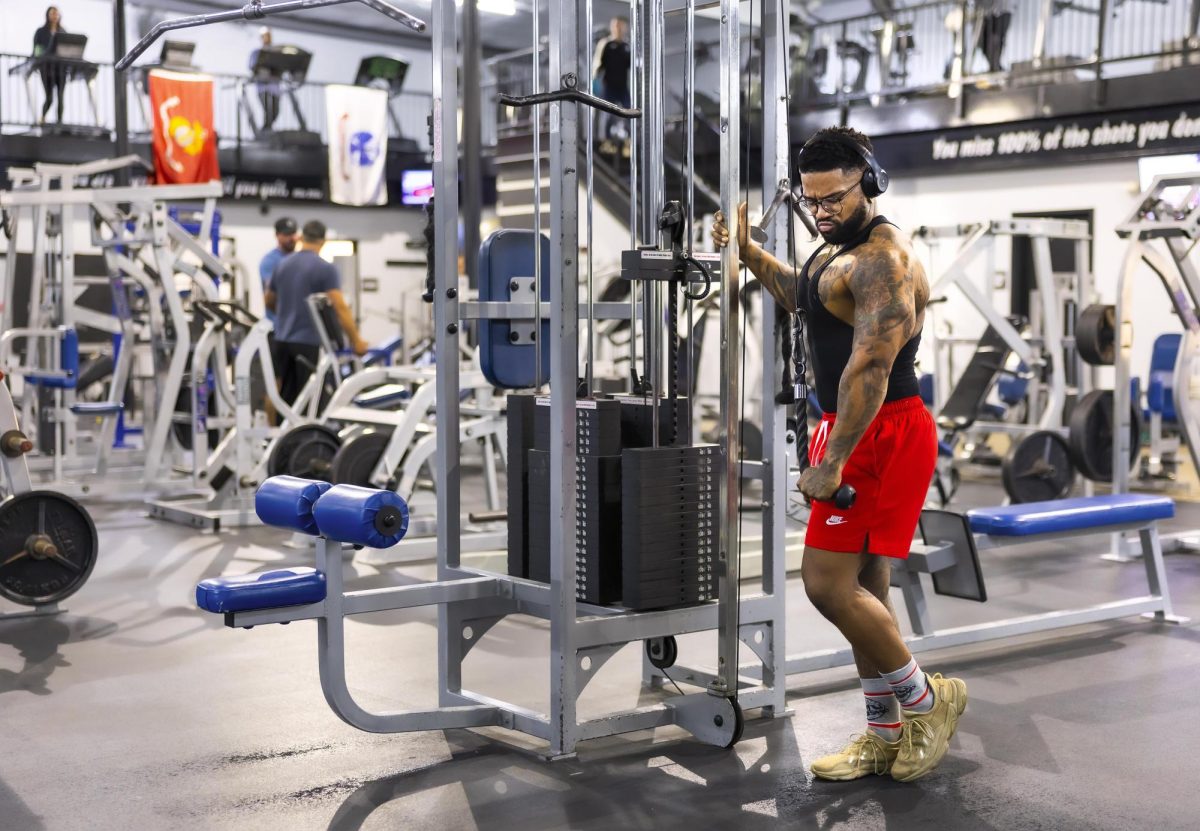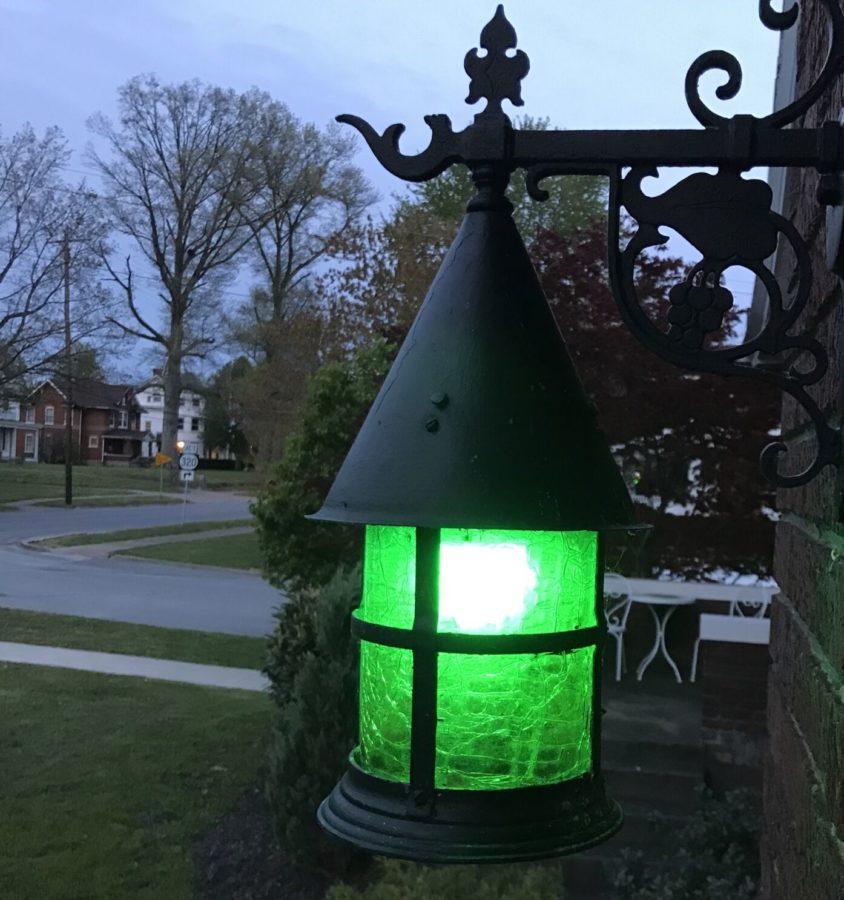A glimpse into history: UK Libraries’ COVID project looking for student submissions from 2020
January 5, 2021
The New Year’s Eve countdown is always full of excitement and hope. Billions revel in the relief of a fresh page, a new start in which the mistakes and tragedies of the previous year can be carefully catalogued into history.
The ten second countdown to 2021 was even more anticipated than usual. After a year of tragedy, including approximately 1.83 million COVID deaths worldwide, 2020 joins the ranks of 1346 (the beginning of the Black Death), 1918 (flu pandemic) and 1941 (the Holocaust and WWII) as one of the most disastrous and deadly years in history.
In late April, UK Libraries Special Collections team decided to document 2020. The Lexington-Herald Leader, outside researchers and other community members had been inquiring about Special Collections’ 1918 records; there was a high demand to access the letters, photographs and other documents from the comparable historical era.
UK Libraries decided that they should launch a collections project so that in the future, people can take a similar look back at the time of COVID, said Dierdre Scaggs, associate dean of the Special Collections Research Center. Photographs and records of COVID, stored on phones and computers rather than on paper in today’s digital age, would be more easily lost to history without a concerted collection effort.
They set up an online form where anyone who lives, works or studies in Kentucky can upload photographs, audio recordings, videos, journal entries or other documents. The materials are saved to a secure server space and backed up before being placed into an online database already available for viewing, In This Together: Documenting COVID-19 in the Commonwealth Collection. This was the first time Special Collections took on a major digital project of this caliber.
“We didn’t really know if people would be interested in submitting to it or if it would be successful at all, but we thought it was our responsibility to give people 100 years from now a glimpse about what life was really like for us during this time in 2020,” Scaggs said.
As of January 2020, the collection has nearly 200 submissions. Some participants shared visual depictions of the “new normal,” including photographs of socially distanced events, home office and work out set ups, the general emptiness of once-crowded places, and signs and sidewalk chalk reminding people to wear masks and remain hopeful. Others uploaded audio or Word document journal entries about their experiences and emotions during quarantine, from religious and relationship growth to the struggles and loneliness of limited living.
One pregnant woman wrote about her nerves of possibly having to give birth without her husband by her side, and the guilt of turning down relatives’ visitation requests to ensure her baby’s safety.
A special needs parent’s audio recording explained her renewed appreciation for teachers after online schooling forced her to become a specialist in math, science, music, social skills, strength and endurance training and half a dozen other fields.
A recent high school graduate penned a poem titled “I Won’t Be There” about missing out on much-anticipated senior year traditions.
The submissions aren’t politically homogeneous; some criticize Gov. Beshear and other local leaders’ approach to COVID, while others applaud their strong response. Scaggs said she thinks the inclusion of these conflicting perspectives is crucial.
“It’s really important that we be able to collect all of these viewpoints so people do understand later that not everyone felt the same way about this time,” she said.
The online form will remain open for the foreseeable future, and all are encouraged to contribute in whichever way they feel best encapsulates their COVID experience.
Scaggs said UK Libraries is particularly interested in materials that capture how ordinary life has changed and stories from people who contracted the virus. She encouraged Kentucky students to participate in order to “become a part of history” and “change the way people generations from now see us today.”
UK Libraries is especially looking for these student perspectives, in addition to the ones already provided by geology professor Tony Stallins. He incorporated COVID time capsules into his GEO261 class this fall, a UK core global dynamics course which focuses on health issues from an international perspective. Stallins said he was teaching at Florida State when 9/11 happened, and after the news broke, he told his students that from that point on, much of their lives would forever change. In February, he said he shared a similar sentiment about COVID with skeptical students.
When he heard about Special Collections’ similar project, he decided to incorporate the time capsules into their database to store his students’ blogs for the future and make the semester not “quite as dry and academic” as usual.
Throughout the semester, Stallins instructed his students to write about certain things, including the implications of the global vaccine race, difficulties in finding credible information and popular culture trends. He said that people reading the blogs in the future will likely notice a broad range of student experiences that mirrored the political atmosphere; some students didn’t significantly alter their behavior and their lives weren’t “too terribly different,” while others were clearly “quarantined and kind of miserable.”
“I think they’ll see also that we are still pretty interested in all the other things going on—sports, music,” Stallins said. “Folks were still engaged with the world. It wasn’t all gloom and doom.”
Aaron Ho, a junior biology major, was one of the students who shared their personal COVID experience as part of the GEO261 course. Ho was born and raised in Naperville, Illinois, and despite his Asian ancestry, he said growing up, he never experienced blatant racial inequality. However, in his blog, he shared an interaction he had in Lexington in early March while waiting for the bus. A man approached him and angrily told him that the country didn’t belong to him and to “keep that virus sh*t out of here.” Ho said his family and him were shocked at this angry and fearful reaction towards people of their ancestry, which increased in early 2020 after Wuhan, China became the epicenter of the COVID outbreak.
Documenting stories like his will help future historians understand what it was like to be a targeted group during this time, Ho said.
Ho said that while they might not realize it now, he thinks all students have something valuable to share through this project.
“I feel like everyone has a different story of how they’re dealing with this pandemic, whether it’s work-related, school or social life related,” he said.
Alyson Galvan-Lara isn’t usually the type of person to report everything she is doing with her friends and family on social media, she said. However, she said blogging her daily life for Professor Stallins’ class was very enjoyable.
Galvan-Lara, a junior neuroscience major on a pre-med track, offered perspectives from three different cultures in her blog. As an international student from Mexico living with a Japanese host family, she has a broader view of how COVID has affected people around the world.
Despite the increased loneliness of her job as an undergraduate research assistant in one of UK’s research labs and stress of online schoolwork, Galvan-Lara said this broader perspective made her more appreciative of the opportunities she still had.
“A lot of people in my country had to stop studying because we don’t have the resources to have classes online,” she said. “And they don’t complain about it because that’s what they have, so why would I complain in the U.S. where I have everything to keep studying?”
Other UK students shared personal feelings and stories about their experience. A sophomore referred to his dorm as “a comfortable prison,” after months of only leaving for meals and the occasional hangout with friends. A senior described being completely overwhelmed trying to balance between GRE study sessions, graduate school applications, a physically and mentally demanding job at UK hospital, group projects and other schoolwork. A student who contracted COVID talked about her time in the COVID isolation dorm as worse than the virus itself.
“I will never forget the feeling and excitement I got when the Lexington-Fayette Health Department finally released me from isolation,” she said. “Who knew a little letter in an email can make you feel so alive.”
A common thread of frustration, loneliness and loss of control was present throughout the submissions. Many students shared memes from the past year as examples of how their generation was coping through humor.
Scaggs hopes that this project “demystifies” the world of special collections, whose visitation process can seem intimidating.
“I would like to be able to change people’s perspectives that archives are not old dusty places with old documents that only scholars use,” she said. “I want people to be able to see themselves in our archives.”
Because of UK Library’s collection efforts, a few decades or centuries down the road, people will be able to better understand what it was like to live during 2020, the beginning (and hopefully end) of the COVID era. They will discover increased family, political and personal conflict, but also powerful moments of hope amidst tragedy.
As one student’s submission said, “2020 has been packed with so much drama that not even Steven Spielberg could direct a film about it.”
To add your submission, visit this online form. Submissions can be anonymous and are accepted in a variety of formats. To check out what Kentuckians have already uploaded, look here.







